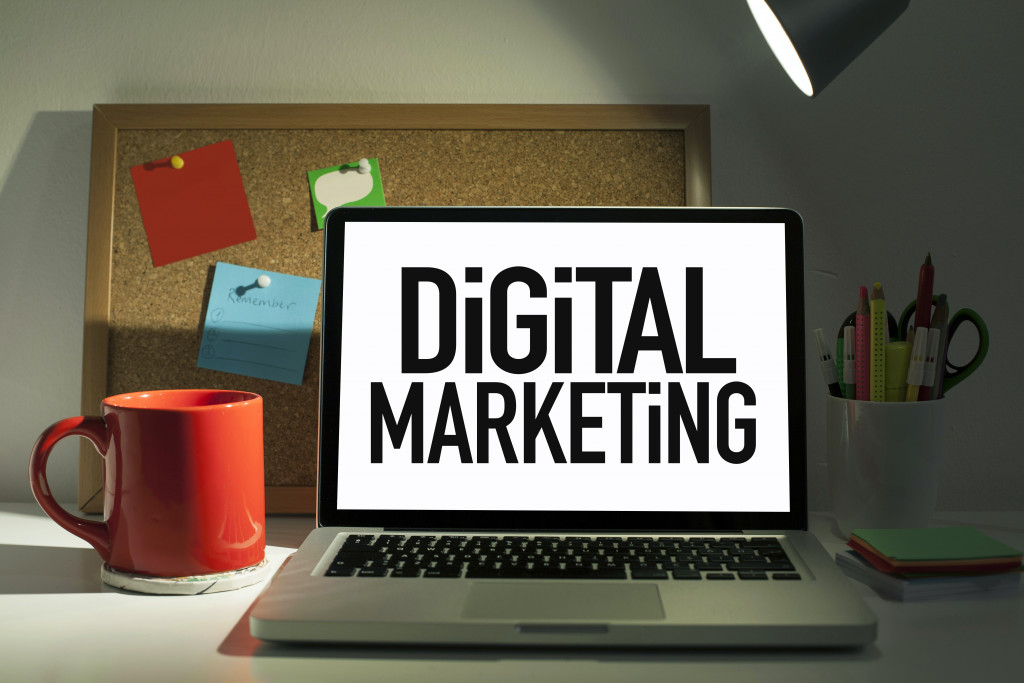Before, B2B brands were all about solving business challenges. Whether it’s increasing efficiency, driving more sales, or improving productivity, businesses rely on B2B brands to help them meet their goals. However, in recent years, the landscape of B2B marketing changed dramatically.
With the rise of digital media, businesses are no longer looking to B2B brands to solve their challenges – they’re turning to Google and other search engines for answers. Research shows 71% of B2B researchers start with a generic search instead of a branded site. If your B2B brand isn’t visible online, you’re missing out on a huge opportunity to reach your target audience.
This is one challenge B2B brands face in the digital age. Knowing how to address this and other challenges is essential to success.
Choosing Your Target Audiences
Your first step should be to identify who your target audiences are. While it may seem like a no-brainer, it’s not always as easy as it sounds. There are a few factors you’ll need to consider when determining your target audience, such as:
- challenge your product or service solves
- industries you serve
- size of the company (e.g., small business, enterprise)
- your ideal customer’s location
Let’s say your B2B brand sells CRM software. In this case, your target audiences would be businesses of all sizes looking for a solution to manage customer relationships. After determining your target audiences, you can start thinking about how to reach them.
Making Your Site Visible To Your Target Audience
The first step to driving online visibility is to optimize your website for search engines. This means incorporating keywords your target audience searches for throughout your site. In addition, your site should be mobile-friendly and load quickly — two key factors that search engines consider when ranking websites.
You can make your website fast-loading and mobile-friendly by using a content management system (CMS). This allows you to create and edit content easily. It also helps choose a responsive design template that adjusts to different screen sizes.
In addition to on-site optimization, you can make your site visible to your target audience through link building. Acquiring links from other websites that point back to your own. Link building helps improve your website’s search engine ranking and increase traffic.
If you’re unsure how to do this, you can always hire the experts. They can help boost your brand’s visibility online, which can be a game-changer for your business.
Hiring the Right Agency
Marketing a B2B business is nowhere simple and can be pretty complicated and time-consuming. The last thing you want to invest in marketing only for it to come crumbling down because of avoidable mistakes.
This is why working with a reliable digital marketing agency can be a valuable investment. They will be able to help you navigate the challenges that come with marketing a B2B business and make sure that your campaigns are successful. The right agency can also give you the insights and data you need to make informed decisions about your marketing strategy.

When looking for an agency, there are a few key factors to keep in mind:
- Make sure they have experience marketing B2B businesses
- Ask to see examples of their work
- Inquire about their process and how they measure success
- Get a sense of their overall approach and whether it aligns with your goals
Find an agency that offers different digital marketing services like search engine optimization, website design and development, and social media marketing. These are crucial components of a successful digital marketing strategy.
It would be even better if your agency could also offer other marketing services like graphic design and content marketing. These will help ensure that your campaigns are effective and well-rounded.
Complying With Privacy and Data Regulations
When marketing a B2B business, it’s crucial to comply with all privacy and data regulations. This is because companies are responsible for protecting their customers’ personal information. By complying with privacy and data regulations, your brand can ensure that its customers feel safe and secure when providing their personal information.
Privacy and data regulations protect consumers from being targeted by spam or fraudulent activities. Failure to protect customer data can lead to severe consequences for your business, including hefty fines.
Studies show that a company’s average data breach cost is over $4 million. To avoid these consequences, clearly understand the privacy and data regulations that apply to your business. You should also have procedures to ensure that you collect, use, and store customer data in a compliant manner.
Suppose you’re collecting customer data through your website. Create a privacy policy that discloses how this data will be used. You should also ensure that your website is secure and that customers can opt-out of collecting their data if they choose to do so. This will help to build trust with your customers and show that you’re taking their privacy seriously.
The following are ways you can ensure you comply with all privacy and data regulations:
- Consult with a lawyer to ensure that your practices are compliant
- Review your policies and procedures regular to ensure they’re up-to-date
- Train your employees on privacy and data regulations
- Make sure that only authorized employees have access to customer data
Before investing in digital marketing for your B2B business, there’s a lot to consider. But with the help of this list, you can start to create a plan that will set you up for success.
Digital marketing can be an extremely effective way to reach new customers and grow your business. But before you invest in any digital marketing activities, there are a few things you need to keep in mind. This includes identifying your audiences, making your site visible online, hiring the right agency, and complying with privacy and data regulations. By planning and preparing for your digital marketing strategy, you can ensure that it’s successful and helps you achieve your business goals.

